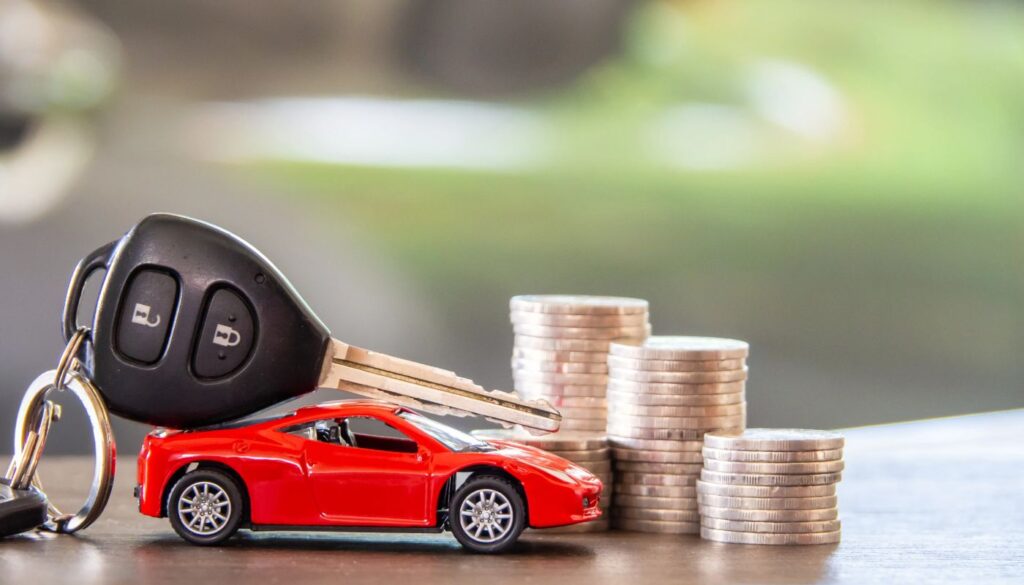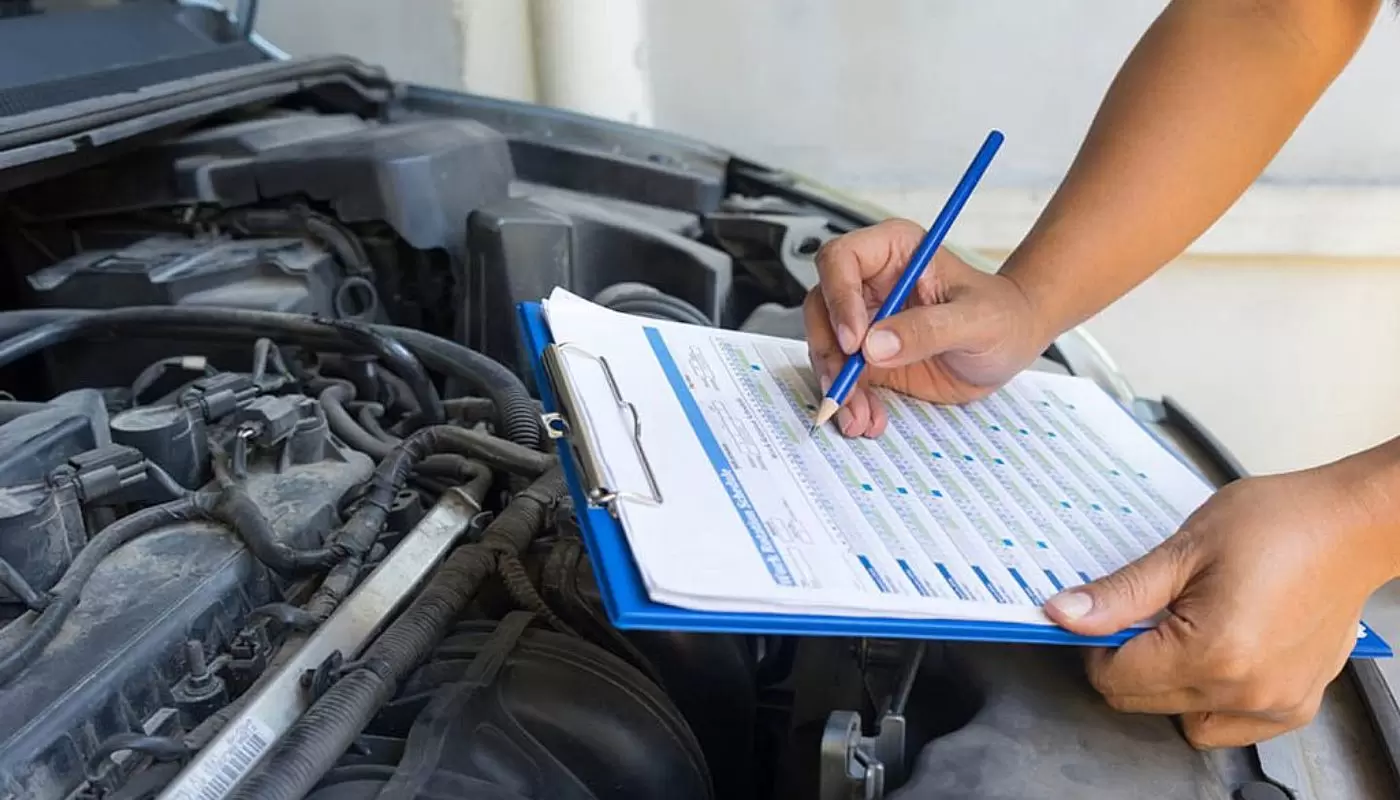In the fast-paced world of used car sales, knowledge is power. As a savvy buyer, you need to know how to check if a car is under finance for free. This crucial step can save you from a world of headaches and potential financial disasters. Let’s dive into the nitty-gritty of verifying a vehicle’s financial status without breaking the bank.
Why Checking a Car’s Finance Status Matters
Picture this: You’ve just spotted the car of your dreams. It’s a sleek, barely-used model with a price tag that seems too good to be true. Before you rush to close the deal, pause and ask yourself – could this vehicle be under finance?
Why does it matter? Well, buying a car with outstanding loans can lead to a tangled web of legal and financial woes. Here’s the lowdown:
- Legal Implications: If you purchase a car with an outstanding loan, the lender might have the right to repossess it – even if you’re the new owner. Talk about a rude awakening!
- Financial Consequences: You could end up paying twice for the same car. Once to the seller, and again to clear the outstanding debt. Ouch!
- Ownership Issues: Until the loan is settled, you might not be able to register the car in your name. No ownership, no driving – it’s that simple.
Free Methods to Check if a Car is Under Finance
Now that we’ve established why it’s crucial to verify a car’s financial status, let’s explore some cost-free ways to do it. Remember, being savvy doesn’t mean spending big bucks – it’s about knowing where to look.
1. National Motor Vehicle Title Information System (NMVTIS)
The NMVTIS is a goldmine of vehicle information, including data on liens and loans. Here’s how to use it:
- Visit the official NMVTIS website
- Enter the Vehicle Identification Number (VIN)
- Review the report for any outstanding finance
Pros:
- Federally mandated, so it’s reliable
- Covers all 50 states
Cons:
- Some basic reports are free, but detailed reports might cost a small fee
- Data updates can lag by a few days
2. State DMV Records
Each state’s Department of Motor Vehicles (DMV) maintains records of vehicle registrations and liens. Here’s how to tap into this resource:
- Visit your state’s DMV website
- Look for the vehicle record search option
- Enter the VIN or license plate number
- Check for any listed liens or financial encumbrances
Pro Tip: Some states offer this service for free, while others might charge a nominal fee. Always check the specific requirements for your state.
3. VIN Check Websites
Several websites offer free VIN checks that can reveal if a car is under finance. Some popular options include:
- VehicleHistory.com
- VINCheck.info
- iSeeCars.com/VIN
While these sites can provide valuable information, remember that their data might not be as comprehensive or up-to-date as official sources.
Additional Steps to Ensure a Car is Finance-Free

While free methods are a great start, sometimes you need to dig deeper. Here are some additional steps to consider:
- Request Documentation: Ask the seller for proof that the car is paid off. This could include a lien release or a title free of any lender’s name.
- Get a Written Statement: Have the seller provide a written declaration that the car is free of any financial encumbrances.
- Consider a Paid Vehicle History Report: Services like Carfax or AutoCheck offer detailed reports for a fee. While not free, they can provide peace of mind for a major purchase.
Red Flags That Might Indicate a Car is Under Finance
Sometimes, your gut feeling can be your best friend. Watch out for these warning signs:
- Suspiciously Low Prices: If it seems too good to be true, it probably is.
- Reluctance to Provide Documentation: A seller who hesitates to show paperwork might be hiding something.
- Pressure to Complete the Sale Quickly: Beware of sellers who rush you. Take your time to do your due diligence.
What to Do if You Discover a Car is Under Finance
So, you’ve done your homework and found out the car is under finance. Now what? Here are your options:
- Negotiate with the Seller: If you’re still interested in the car, discuss having the seller clear the debt before the sale.
- Walk Away: Sometimes, the safest option is to look for another vehicle.
- Legal Options: If you’ve already purchased the car, consult a lawyer. You might have recourse under consumer protection laws.
Protecting Yourself: Best Practices When Buying a Used Car

Knowledge is your best defense in the used car market. Here’s a checklist to keep you savvy:
- Always check for finance before purchasing
- Get everything in writing
- Consider using an escrow service for large transactions
- Trust your instincts – if something feels off, it probably is
Case Study: The Perils of Skipping the Finance Check
Let’s look at a real-world scenario to drive home the importance of checking a car’s financial status:
John found a great deal on a used SUV. Excited by the low price, he rushed to buy it without checking its history. Six months later, he received a notice that the car was being repossessed due to an outstanding loan. John lost both the car and the money he paid for it.
Don’t be like John. A little caution goes a long way in the used car market.
Frequently Asked Question
Can I still buy a car that’s under finance?
Yes, but it’s risky. Ensure the loan is cleared before the sale is finalized.
How long does it take to check a car’s finance status?
Most online checks take just a few minutes. Official DMV checks might take a bit longer.
What if the seller says they’ve paid off the loan but it’s not reflected in the records?
Ask for proof of payment and consider waiting until the records are updated before proceeding with the purchase.
Conclusion
Checking if a car is under finance doesn’t have to cost you a dime. By using the free methods outlined in this guide, you can protect yourself from potential financial and legal headaches. Remember, a savvy buyer is an informed buyer. Take the time to do your due diligence – your future self will thank you.
So, the next time you’re eyeing that perfect used car, pause and ask yourself: “Have I checked if this vehicle is under finance?” Your wallet (and your peace of mind) will thank you for it.
Happy car hunting, and may your next purchase be finance-free and fantastic.

Marathi author Anju Mary has made a mark in the literary world with her innovative storytelling and deep passion for reading. Her unique narrative style and creative approach offer readers a distinctive and enriching experience, solidifying her reputation as a prominent writer.











